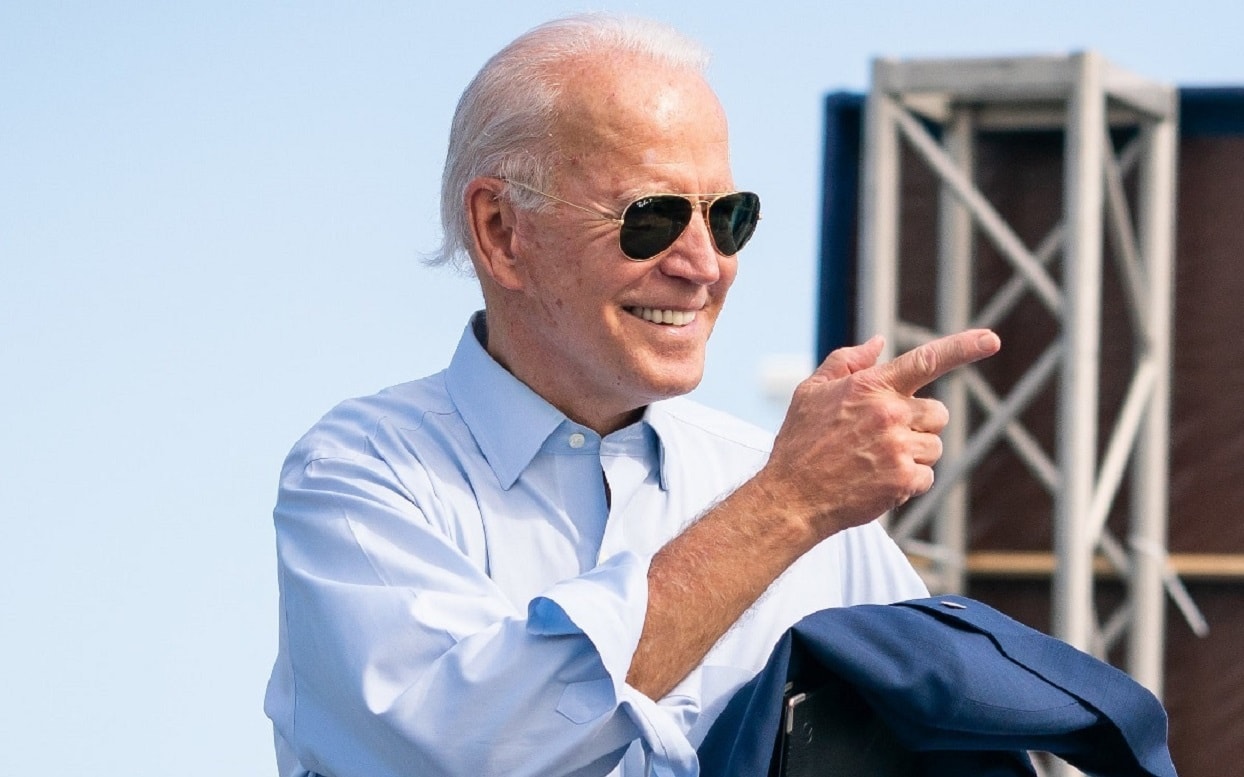President Joe Biden may have campaigned on new gun control measures, which he infamously touted this spring. Those efforts – which were filled with erroneous or otherwise misleading claims about the Second Amendment – have largely sputtered out. Given that the Biden Administration could barely get the “bipartisan infrastructure bill” passed, it seems highly unlikely going into the midterm elections that much, if anything, will be done in the way of gun control.
That may be seen as good news for supporters of the Second Amendment, but where there is the will of a few, they’ll find a way – and that could be taxes.
Liberals have long seen taxes as the way to solve the nation’s problems, so it should be no surprise that gun control advocates would somehow see taxes as a solution to gun violence. The ABC News series “Rethinking Gun Violence” tackled the issue of addressing gun violence via taxes this week.
It noted, “While taxing guns or ammunition may not prevent malicious actors from accessing them, some policymakers and advocates say this approach could raise revenue to fund lifesaving violence prevention programs and help offset the $280 billion annual price tag of gun violence in America.”
Gun Taxes? Been There, Done That
As also noted, there is already a federal gun tax, one that has been in place for decades. According to the Bureau of Alcohol, Tobacco, Firearms and Explosives (ATF), “First imposed on February 25, 1919, Section 4181 of the Internal Revenue Code imposes an excise tax on imported firearms and ammunition when the importer sells or uses the firearms or ammunition (FAET). A tax of 10 percent of the sales price is imposed on pistols and revolvers, and a tax of 11 percent of the sales price is imposed on other portable weapons (e.g., rifles and shotguns) and ammunition.”
Revenue raised by the tax is primarily used to fund wildlife conservation efforts and education programs for hunters.
However, some lawmakers have suggested that additional taxes should be instituted and that has included California, where a bill – AB1223 – was proposed to add an excise tax of an additional 10 percent on handgun sales, and 11 percent on long guns. The bill fell four votes short of advancing in the Golden State’s Assembly last summer, but is already set to be re-introduced this coming January.
“This tax is for funding gun violence prevention programs,” California Assembly ember Marc Levine, a Democrat who helped draft the proposed legislation, told ABC News. “It’s something everyone can agree on.”
However, it isn’t something that everyone can actually agree on, and that included Sam Paredes, executive director of Gun Owners of California, who told ABC News, “It is a clear violation of the First Amendment. It is unconstitutional to require an excise tax, insurance, any monetary requirement before someone exercises an enumerated constitutional right.”
The issue is also whether it would actually solve the problem.
A study by the RAND Corporation found, “there is little empirical evidence to indicate how taxation would influence firearm-related outcomes, such as violent crime, suicide, self-defense, or sales of firearms,” and added, “If the goal of the tax is to reduce societal harms of gun violence, an optimal policy design would impose differential taxes across firearm or ammunition types based on their probable use or lethality.”
Moreover, “because guns are durable goods (i.e., they tend to last for a long time), the consequences of policies affecting the price of firearms may be different from the consequences of policies affecting the price of ammunition,” the RAND study also noted.
While it would also seem that gun control advocates would support a tax, believing that it would perhaps reduce the number of guns in circulation, but that would likely be wishful thinking at best.
“People who are on the borderline between making a purchase and not making a purchase, to that extent, yes, you would see fewer purchases,” Robert McClelland, senior fellow in the Urban-Brookings Tax Policy Center, told ABC News. “I would expect a much larger effect to be people would simply go to private sales for used handguns and used firearms.”
As far as reducing violence, McClelland said that is unlikely and any ammunition tax would instead punish high-volume users such as hunters and target shooters.
“I don’t know if those people are really the ones that are responsible for most gun violence, but that doesn’t sound likely,” he added. “So an ammunition tax seems like it’s misdirected.”
Peter Suciu is a Michigan-based writer who has contributed to more than four dozen magazines, newspapers and websites. He regularly writes about military small arms, and is the author of several books on military headgear including A Gallery of Military Headdress, which is available on Amazon.com.

